BATTLE FOR ISFAHAN
The victory that led to the full conquest of Persia
The Muslim conquest of Persia happened over several years. In this short summary from Imam Al-Tabari’s Tarikh (History), we look at a critical victory that eventually led to the fall of the Sassanid empire of Persia.
IN 21H (641CE), ‘Umar ibn al-Khattab gave the armies of Iraq the command to seek out those of Persia, wherever they might be. Yazdajird (Yazdegerd III, the last Persian king) was waging war on Muslims every year (to avenge past failures). It was recommended to ‘Umar that unless Yazdajird was driven out of his kingdom he would continue to attack. So, ‘Umar gave the army the green signal to penetrate into Persia. He dispatched the commanders of the Basran and Kufan armies after the victory of Nihawand.
‘Umar b. al-Khattab consulted with al-Hurmuzan (a Persian general who converted to Islam) on whether the conquest should begin with Fars, Azerbaijan, or Isfahan. He replied: “Fars and Azerbaijan are the wings; Isfahan is the head. If you cut off one of the wings, the other one [can still] work. But, if you cut off the head, the wings collapse. Begin with the head!”
[Editor’s note: The decision was regarding which province to start with: Fars in the south, Azerbijan in the north or Isfahan in the center (see map below). Isfahan was the heart of the Persian empire and a channel for supply and communication. Once Isfahan was conquered, Khoarasan — the stronghold of the Persian empire — would be isolated from its Fars and Azerbaijan provinces. After the fall of Fars and Azerbaijan, Khorasan would become the last bastion of the empire leading for the full conquest.]
❝
The ruler wanted to show his royal splendor. He sat on his throne with the crown on his head…
‘Umar went into the mosque while al-Nu’man b. Muqarrin, a companion of the Prophet ﷺ, was praying and sat down beside him. When al-Nu’man finished his prayers, ‘Umar told him that he had a job for him to do. Al-Nu’man replied that, if it was collecting taxes, he was unwilling, but, if it was a military task, he was willing. ‘Umar despatched him to Isfahan and wrote to the people of al-Kufah to give him reinforcements.
[Editor’s note: Al-Nu’man was the chief of his tribe Muzaynah who lived in the outskirts of Madinah on the route to Makkah. When the Prophet ﷺ migrated to Madinah, he decided to embrace Islam and influenced his family and tribe to do as well. He, with his ten brothers, and 400 horsemen of Muzaynah went to Madinah and embraced Islam. The event lit Madinah up with excitement and joy.]
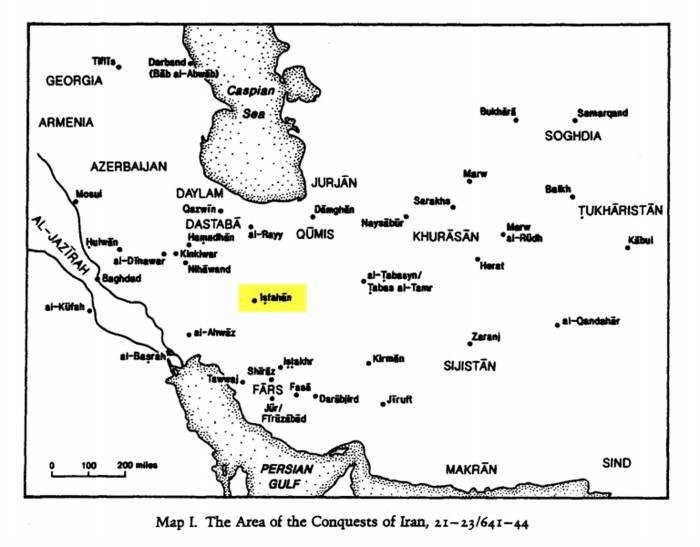
Al-Nu’man arrived in Isfahan, but there was the river between him and the enemy. So al-Nu’man sent al-Mughirah b. Shu’bah to them. Isfahan’s ruler, called Dhu al-Hajibayn, was told that the envoy of the Arabs was at the door.
The ruler wanted to show his royal splendor. He sat on his throne with the crown on his head and royal princes sat in two ranks wearing earrings, gold bracelets and silk-brocade garments. Al-Mughirah entered with his lance and shield and walked up to them while poking their carpets with his lance to demoralize their spirits. Two men took him by the arms, and he stood before their ruler, who spoke to him, saying: “You Arabs, vehement hunger has afflicted you, so you have left [your homelands]. If you wish, we shall give you provisions, and you can return home.”
Al-Mughirah, after praising Allah, said, “We Arabs used to eat corpses and carrion; people used to trample us under foot. Allah sent forth from us a prophet, the best of us in rank, the most truthful in what he says.”
Al-Mughirah went on to praise the Prophet ﷺ and mentioned the prophecy that Muslims would conquer Persia. When the Persians were least expecting, al-Mughirah made a sudden leap and sat on the throne next to the ruler to further infuriate them. They seized him and started beating him. But he reminded them that he was an envoy. The agitated ruler said, “If you wish, you can cross over to us or we over to you (to fight). (Al-Mughirah) said that they would cross over to [the army of Isfahan). He continued: “So we crossed over against them. They formed themselves into chains of men, ten in one chain, or five, or three. We drew ourselves out in rank to meet them, and they shot arrows at us, finally rushing in among us.”
❝
O Allah! Give martyrdom this day to al-Nu’man in the aid of the Muslims!
[Editor’s note: It is important to mention here that al-Nu’man, during the first meeting with the Persian emperor Yazdajird about 6 years prior to this event, beautifully invited him to embrace Islam, else pay jizyah or fight. The haughty emperor was furious and went to war, which resulted in a resounding victory for Muslims, which is well-known in history as the Battle of Qadisiyyah.]
Al-Nu’man, at the head of the army, asked everyone to say Aameen for a du’aa he would make: “O Allah! Give martyrdom this day to al-Nu’man in the aid of the Muslims! Grant him victory over (the army of Isfahan).” He put on his coat of mail and launched the attack. He was the first man to be struck down.
The Muslims were victorious. The ruler of Isfahan, Dhu al-Hajibayn, fell from his mule and his belly split open. Ma’qil b. Yasar came to al-Nu’man when he was still alive and injured. He washed his face and gave him the good news of victory. Al-Nu’man said, “Alhamdulillah! Write to ‘Umar about this,” and then he passed away. The army included companions like Ibn ‘Umar and Ibn az-Zubayr, may Allah be pleased with them all.

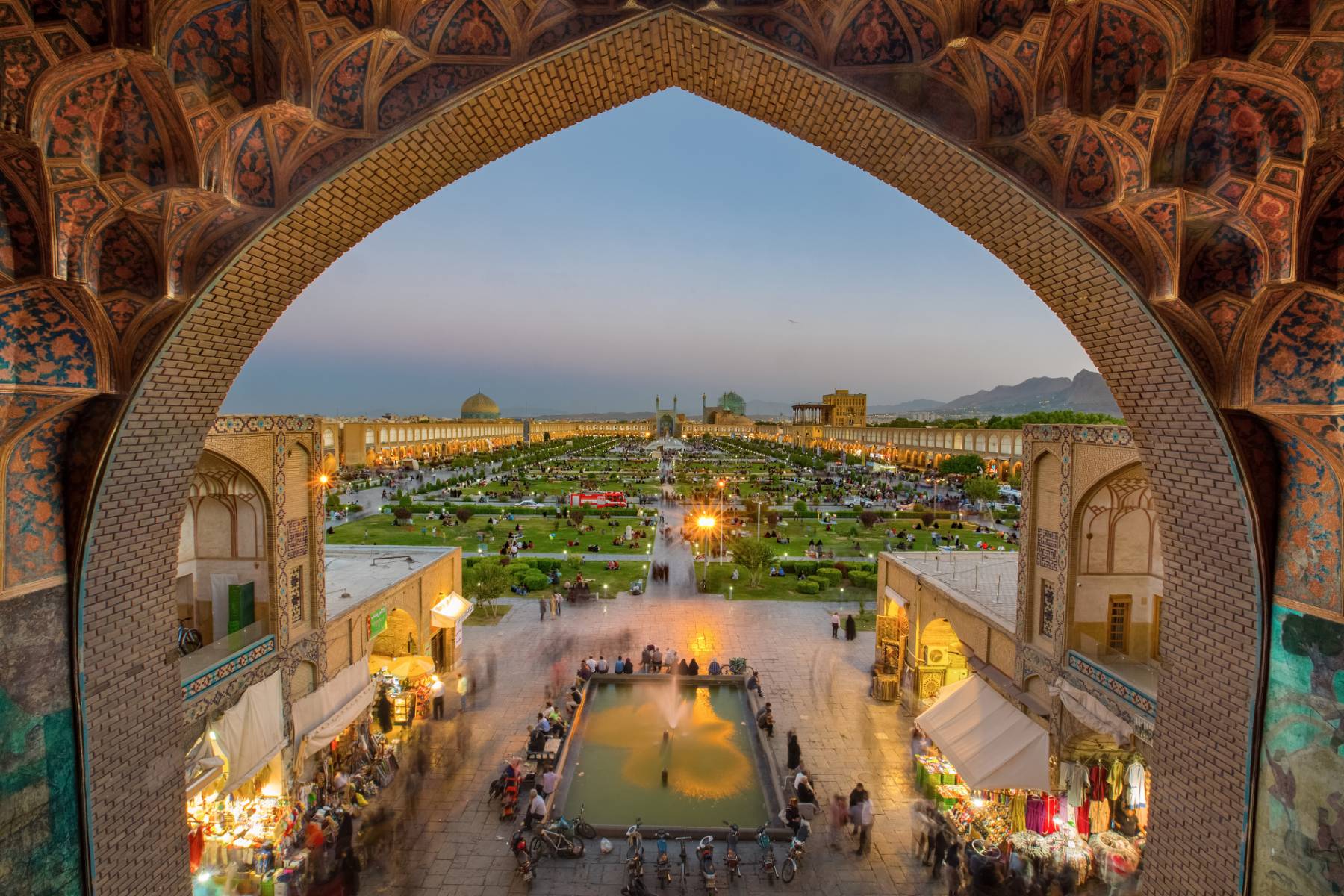

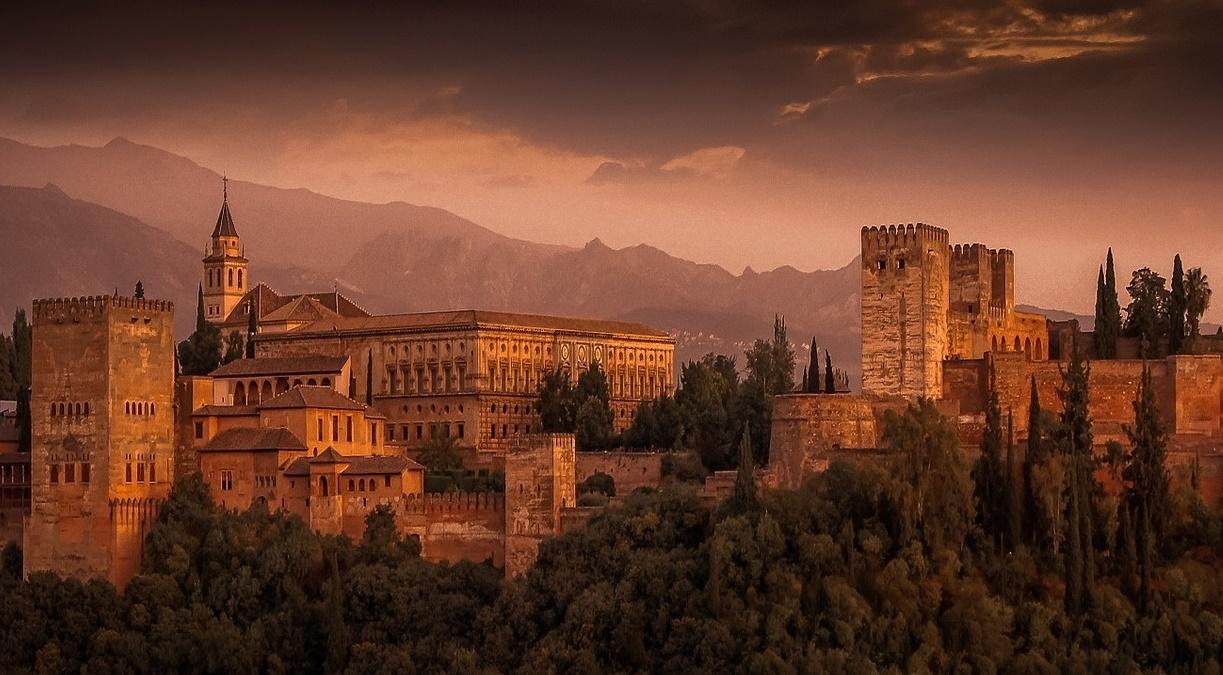
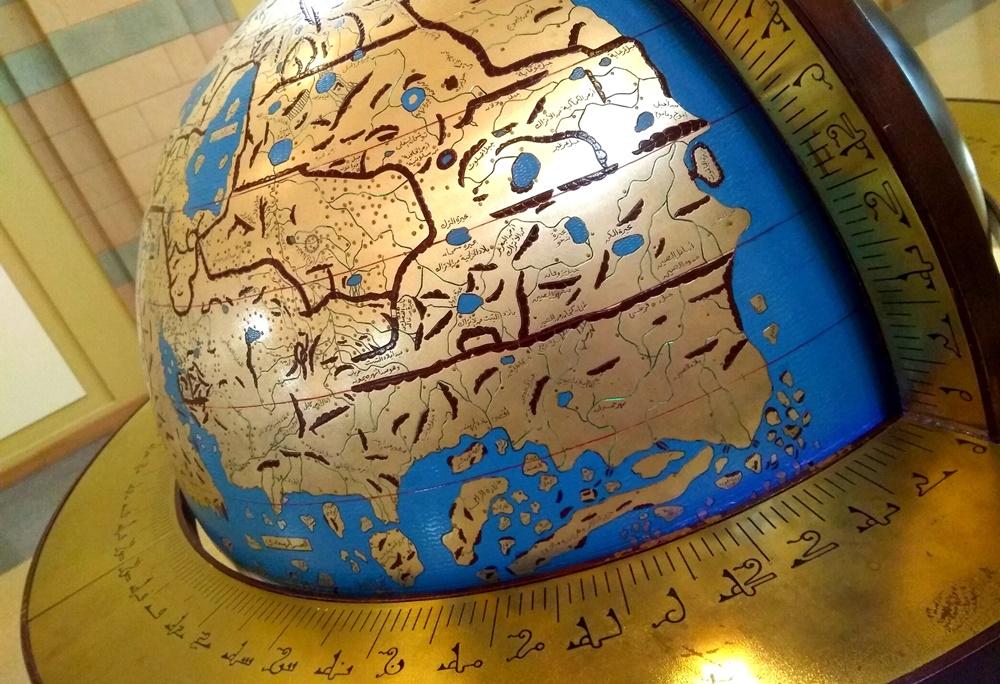

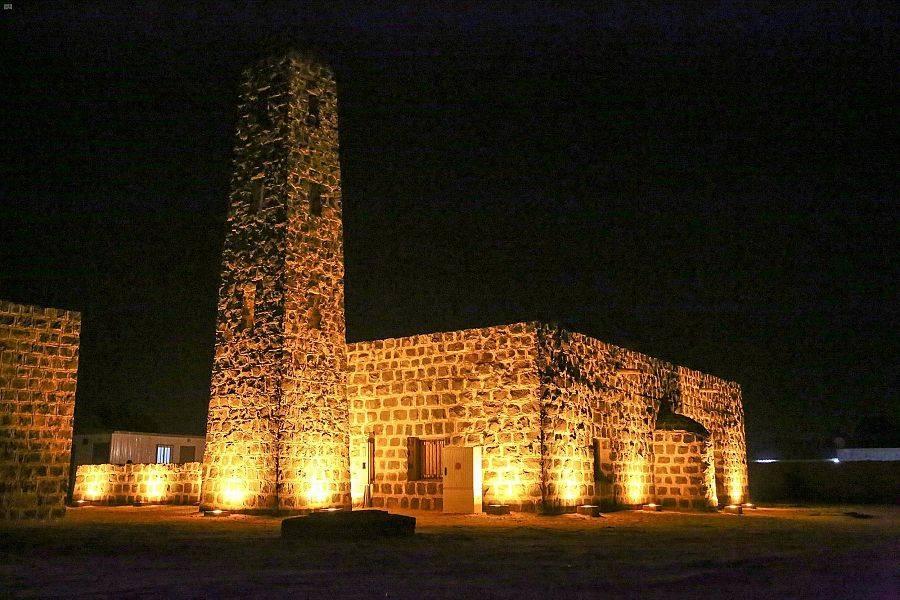

 Dr. Bilal Philips
Dr. Bilal Philips